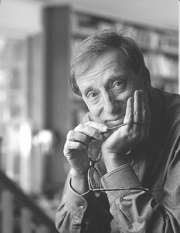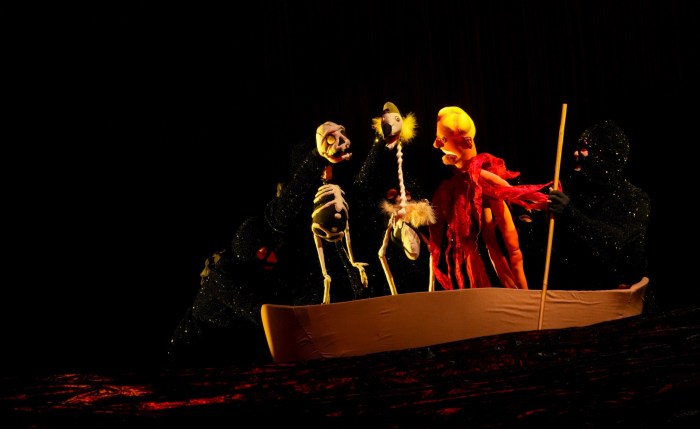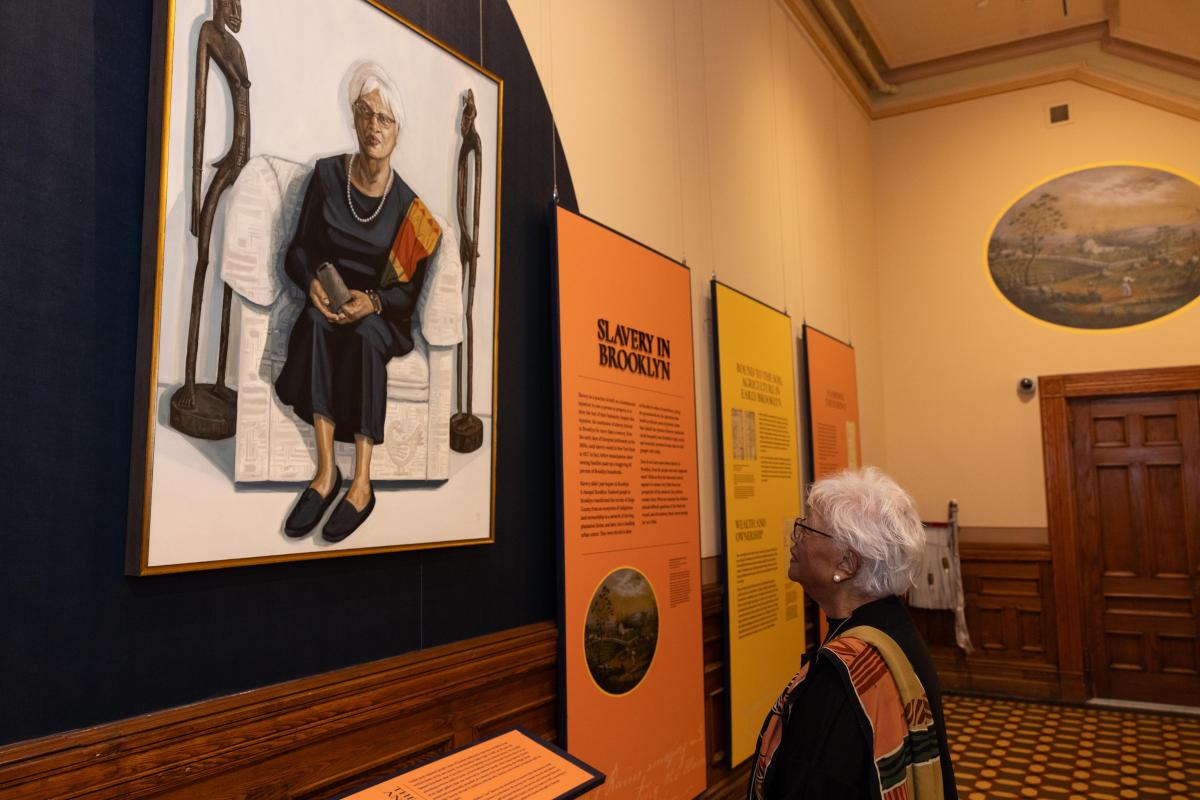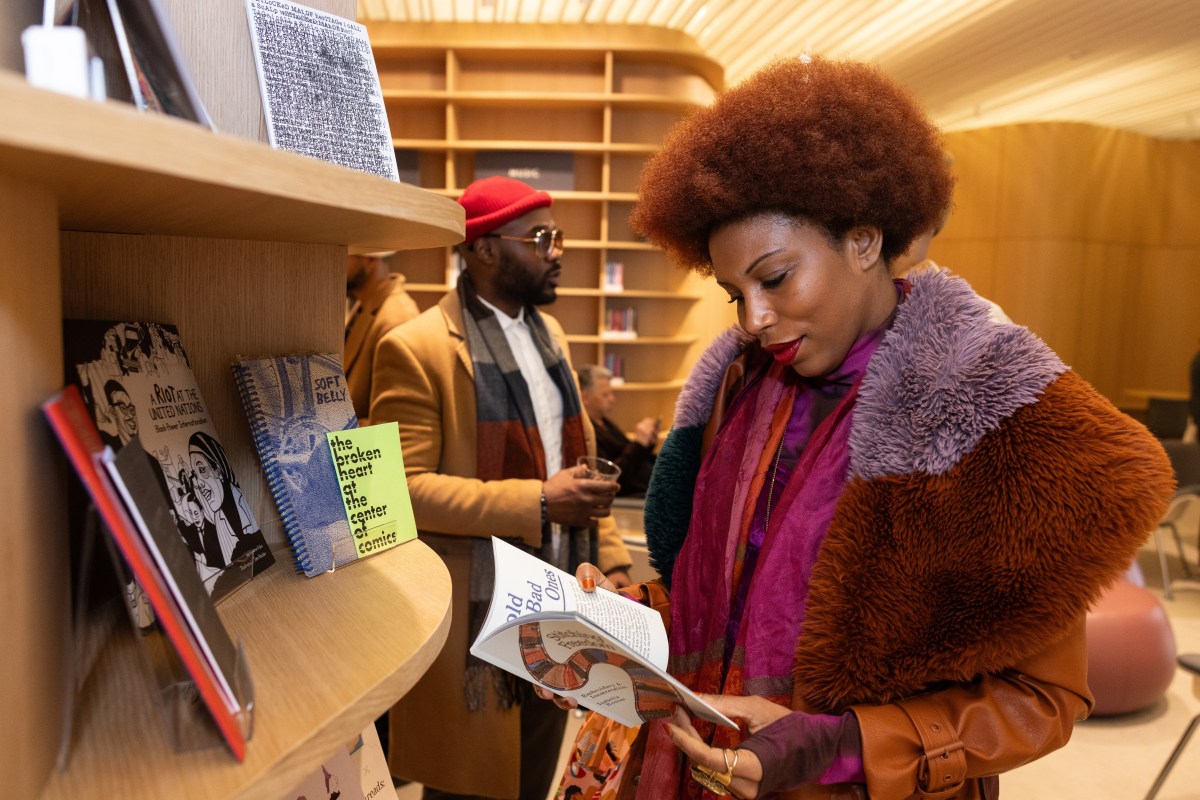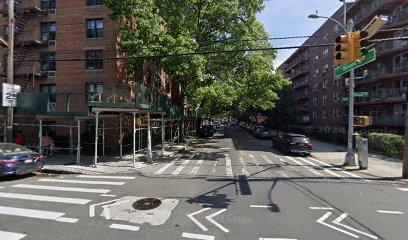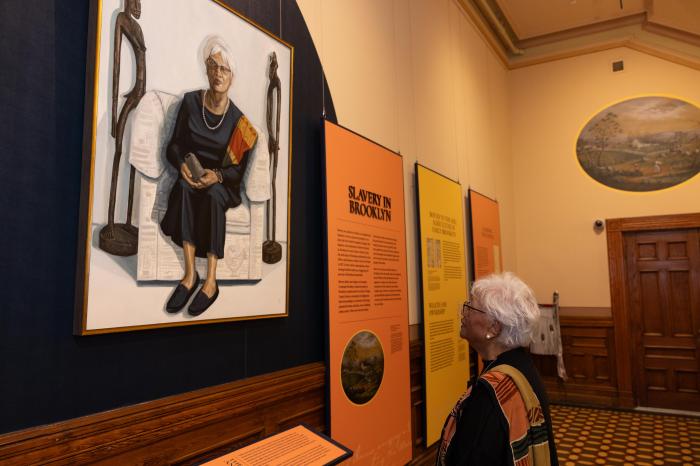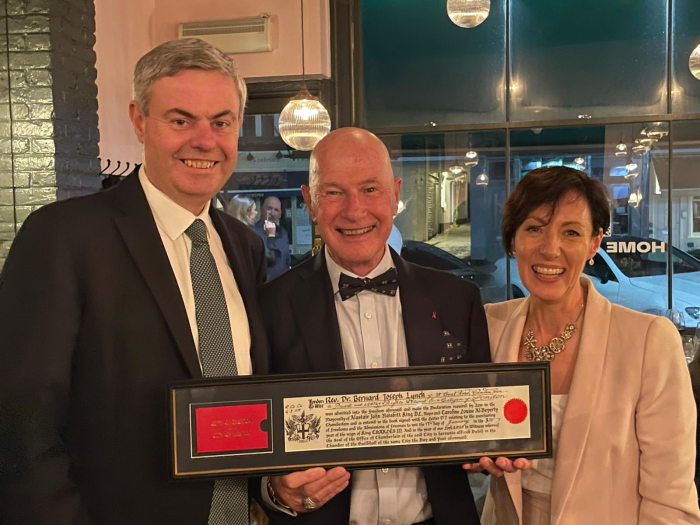By Jerry Tallmer
Augusto Pinochet, chief torturer of Chile between the years 1973 and 1990, is an evil old man of 90 who may or may not evade what passes for justice on this earth — except the last one, the terminal one.
Ariel Dorfman is a 53-year-old Argentine-born, Chilean-American writer, novelist, and playwright whose “Death and the Maiden,” a drama about revenge on a torturer from a country much like Chile, has on stage and then on film gripped audiences around the world.
Did Ariel Dorfman, a supporter of Salvador Allende — the overthrown Socialist president of Chile who decided to commit suicide rather than be taken prisoner by Pinochet — ever meet the Generalissimo face-to-face?
“Not quite,” the playwright said with a laugh over the phone from Durham, North Carolina. “It’s a long story. My contact was to hear his voice on the telephone once. And once I saw his hand in a white glove waving at me from a car in 1987.”
The country in Dorfman’s latest play to hit New York, “The Other Side,” is not assignable as Chile or any other. In fact there are two countries in the play, Constanza and Tomis, and the border between them runs smack through the middle of the good-sized bed in the home of Atom Roma and Levana Julak, husband and wife.
They support themselves by burying the bodies that fall in the Beckettian no man’s land just outside their home during the endless war between those two nations. One such body may be that of their own long-vanished son.
And then one day, peace is pronounced amidst shattering bombardments — just as it has been announced at least 50 other times over the years. A large begoggled and booted Guard in military uniform enters through a gap that’s been blown in the rear wall, and tersely declares that it’s his job to divide everything on either side of the border by country of origin — husband, wife, stove, chairs, table, bed, bathroom — in accordance with directives of the Armistice Authority.
Could that taciturn Guard (actor Gene Farber) just possibly be, as Levana (Rosemary Harris) blindly, passionately thinks — and Atom (John Cullum) just as rigidly thinks not — could he actually be their dead (or undead) son Joseph? The Guard himself flatly denies it. “I have no parents,” he states. “What you can’t remember doesn’t exist.”
It’s the same problem as in “Death and the Maiden” says the man who wrote both works. The identity problem.
“I give the audience clues, but I myself don’t know if he’s their son or not. You have these characters in your head. They hide from you just like real human beings. So you can only guess … I mean, I can only guess
“It allows us to ask: Who is somebody? Who am I? In times of terror, identity is always up for grabs.
“My own existence,” said Ariel Dorfman, “has been affected, let’s say, by exile and repatriation of a sort. My work has always turned around borders, and identity.”
He was born in Buenos Aires on May 6, 1942, the son of Adolf Dorfman, who was born in Odessa, and Fanny Zelicovich Dorfman, whose roots were Romanian-Moldavian.
“She died six years ago. My father, who died in 2003, was one of the major economists and engineers of Latin America. I told his story in ‘Heading South, Looking North.’ When the military persecuted him in Argentina, he took all of us to the United States. I was 2?.
“My life has been made out of people fleeing, leaving, borders changing, armies coming in. For a great part or my life I was a linguistic cultural fundamentalist.”
Which is to say, his first language as a toddler was Spanish.
“Then in New York I got sick with pneumonia, was isolated in a ward, and came out at 3 as a monolingual speaker of English. Then when we moved to Chile, when I was 12, I decided to speak only Spanish.
“You can’t get rid of it. Languages are like memory. So the play is in some sense a cry against that. How we should not let these barriers and borderlines separate us from others.”
Dorfman is going on 40 years of marriage to Angelica Malinarich, a Croatian — “so we’re very much like that couple in the play.” Their sons — “I write with both of them” — are Rodrigo, 38, “my dramaturg, with whom I’ve done three plays,” and Juaquin, 26, “with whom I wrote ‘The Burning City.’ ”
He still owns a house in Santiago, Chile, though he’s mostly been 20 years in Durham and at Duke University, where in spring semesters as Walter Hines Page Chair of Literature and Latin America “I teach them to be critical, to be subversive.”
Audiences at “The Other Side,” which is now under Blanka Zizka’s direction as a Manhattan Theatre Club production at New York City Center’s Stage 1, may find some creepy post-Katrina correspondences to floods and rising waters.
“Listen,” said Ariel Dorfman, down there in North Carolina, “it always happens to me. I write something, and then it happens.”
Just keep an eye on your beds, good people. Make sure they’re on one side of the border or the other.
THE OTHER SIDE. By Ariel Dorfman. Directed by Blanka Zizka. A Manhattan Theatre Club production at New York City Center Stage 1, 131 West 55th Street, 212-581-1212. The show runs through January 15.
Read more: Man Shot Dead Near Queens Intersection, Police Probe



